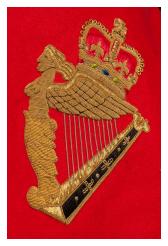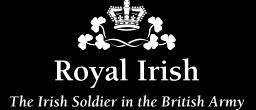Major call out of UDR.

|
Amid heated political tensions, the unelected 'United Unionist Action Council' (UUAC) threatened a general strike across Northern Ireland from 3-13 May 1977 if the London (Westminster) government refused to take what the UUAC described as effective action against the IRA and reinstate the Northern Ireland government based on a system of majority rule. However, the UUAC did not have support from a number of significant work forces whose majority opposed the strike; these included both the Short's aircraft factory and the Harland and Wolff shipyard in Belfast.
Westminster responded with a range of measures. This included flying in an additional 1,200 military reinforcements, cancelling all Royal Ulster Constabulary (RUC) leave and placing all eleven battalions of the Ulster Defence Regiment (UDR) on a selective call out for one week. This was in fact extended into a second week and became one of the longest call outs experienced by the UDR. Initially, the General Officer Commanding (GOC) Northern Ireland had decided not to test the loyalty of the UDR but the Commander UDR, Brigadier M N S McCord, persuaded him that not to do so would appear to question their loyalty. Brigadier McCord prevailed and was vindicated when only six out of 7,660 personnel failed to turn out.





